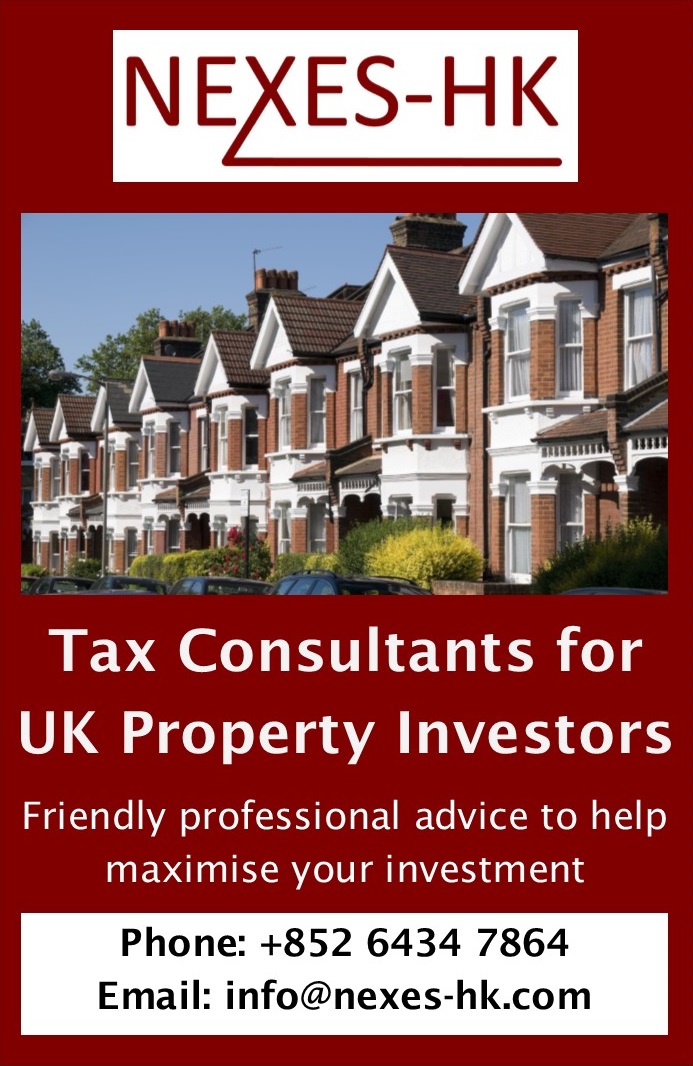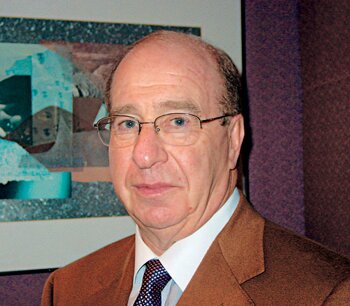| Lord Peter Levene, Chairman of Lloyd's of London |

|

|
|
Jewish Times Asia had the opportunity to sit down with Lord Peter Levene on his recent trip to Asia as Chairman of Lloyds and, on a personal note, to celebrate the baby naming of a granddaughter and his seventh grandchild. His son, Tim, resides in Hong Kong along with his wife, Katie, and their children, Luc and Amelie. Lord Levene was first elected Chairman of Lloyd’s in November 2002 and was invited to serve a second term in November 2005. Lord Levene is an Alderman of the City of London and received a knighthood in 1989 and became a Life Peer in 1997 and he sits in the House of Lords as a Crossbencher. Lord Levene served as Lord Mayor of London in 1998/99.
“Things have changed since 2002,” commented Lord Levene. A lot can happen in a couple of years, especially for Lloyds of London, one of the world’s premier insurance companies. The announcement on 9th November, 2005 by His Excellency, President Hu Jintao, marked a special point in Lloyd’s 300 year history. On that day, Lloyds joined a handful of foreign insurance fi rms to be granted an insurance license in China. Lloyd's China Reinsurance Company Ltd formally opened its doors on December 3rd, 2006. However, Lloyds established cooperative relationships with China's insurers in the reinsurance sector well before, working with domestic firms since 1978. China has been opening up its insurance market in the past two years in accordance with its commitments under the terms of its World Trade Organisation (WTO) accession, and foreign fi rms cannot wait to break in. Statistics from the China Insurance Regulatory Commission (CIRC) show China’s insurance industry is growing at about 30 percent per annum and it has become one of the fastest growing industries in China. In 2004, the total income of insurance fees in China reached US$52.2 billion and the total assets of China's insurance industry reached US$143.3 billion by the end of 2004, according to CIRC. As Lord Levene predicted a few years ago, “Just like Hong Kong and Shanghai, many people think there is keen competition between London and New York. But competition is good as it drives improvement. London is more international, New York more domestic. Hong Kong will be the same as London – international – Shanghai will be more like New York – domestic. I don’t think Shanghai will replace Hong Kong in the future. They will both be financial centres for China.” Focusing attention on Asia and especially China has been the centrepiece of Lord Levene’s tenure as Chairman of Lloyds and winning the licence in China is particularly gratifying. Within the Lloyds organisation he has been a champion for the region, forcing colleagues to draw their attention from the US market, “yesterday’s story”. True Lloyds may have thus far made US$12 billion in America; unfortunately it has taken the insurance giant 200 years to do so. He is expecting a much shorter payback period in China, potentially making money in fi ve years or so. Calling Shanghai “the most modern city in the world”, Lord Levene announced his own prediction that he would not be at all surprised to see Hong Kong surpassed by Shanghai as a fi nancial centre in fi ve years or less. Lord Peter Levene also served as Lord Mayor of London for the year 1998/99. Although it might be common knowledge to a citizen of the United Kingdom, the layman holding any other passport might naturally assume that the Lord Mayor of London and the Mayor of London are in fact, the same position. They are not. The Lord Mayor’s role is both more focused and more global. He heads the City of London Corporation and presides over its governing bodies. He is Chief Magistrate of the City of London, Admiral of the Port of London, Chancellor of City University and President or Patron of many other civic and charitable organisations. And that’s just half the story. The Lord Mayor of London also has a much wider business role - working for Britain as a whole, supporting and promoting the City of London - and the UK financial services industry as a whole - both at home and abroad. His position as a trusted spokesman for the business community is enhanced by the entirely apolitical nature of his offi ce. In fact, the Lord Mayor’s residence is practically a required second stop in London (after Buckingham Palace of course) for foreign dignitaries and high ranking offi cials in both the private and public sectors. The UK financial services industry is a major source of employment and is the largest wealth generator in Greater London. It is a highly international operation and 40% of the workforce within the City is employed by overseas companies. All of which explains why during his term in office, Lord Levene spent 120 days outside of the UK, visiting 32 countries in what can essentially be described as a “UK Public Limited Company Road Show”. Each visit typically involves speaking – in fact Lord Levene reckons he had given over 700 speeches - at seminars, to business audiences, meeting and making representations to government ministers and other authorities. Lord Peter Levene is only the seventh Jew to have served in the role of Lord Mayor in its some 700 year history. The Jews in London have had a long history of forthrightness, gaining emancipation in the City of London long before it was ratified by Parliament. The first Jewish Lord Mayor to be elected was Sir David Salomans who was elected in 1855, a title that even a Catholic had not held at the time. Refreshingly, despite the extraordinary range and breadthof foreign dignitaries the Lord Mayor is exposed to during his term in offi ce (Yasser Arafat was among those whose path he has crossed), Lord Levene insisted that he never encountered racism or anti-Semitism in any form during his term in office. Only in recent months with the turn of events in Israel and Lebanon has he noted a change in the average Briton’s attitude towards Jews. The “shocking” coverage of the war by the BBC which “stirred things up.” Lord Levene also expressed concern about the direction of social change and attitudes toward integration in the UK today. Growing up in the East End of London, he attended the Cityof London School which was populated in part, though not exclusively, by Jews. “In thosedays,” he refl ected, “the ambition of the Jewish parent was to raise young English gentlemen who were Jews, not Jews who were Englishmen.” While that sentiment might raise questions of assimilation, Lord Levene’s response of “insulate and die” makes clear his views. |

















